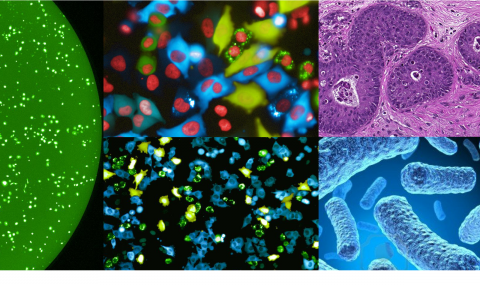Personalized cancer therapy has come to the fore, as it holds promise for better outcomes. While genetic profiling has a growing impact on precision medicine, utilizing genomic data for clinical decision-making in a timely manner is still complex, and in many cases has low predictive value. Animal models are time consuming and expensive, and are sometimes unsuccessful when translated to human subjects. To overcome these obstacles, we have optimized an ex-vivo organ culture (EVOC) system. In this method, samples of freshly-removed tumors are treated for up to seven days and the response assessed by various methods. This method is very flexible and can be adapted to various models and to answer a multitude of clinical and biological questions. Patient specific drug treatments can be tested to help direct successful anti-cancer therapy. Also novel hypotheses can be tested directly on live human tumor tissue thereby accelerating the drug discovery pipeline to expedite clinical drug trials.
- In 2018 we published a case study demonstrating the use of this technology for prioritizing the treatment of a breast cancer patient (Grinshpun et al, Cancer Biological Therapy 2018).
- In 2018 we founded CuResponse, which by now made this technology available for cancer patients.
- In 2022 we published a paper demonstrating the robustness and accuracy of our EVOC technology as well as its use for finding a novel drug combination (MEKi & SRCi) for a subset of colorectal cancer patients (Gavert et al, Nature cancer 2022).


